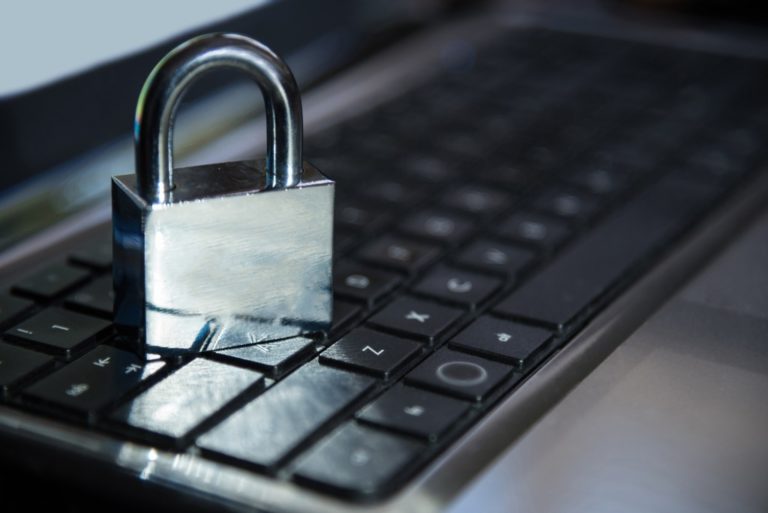The popularity of esports continues to grow, with new tournaments and competitions emerging. As the industry matures, so does the need for regulation. Recently, several changes in esports law have impacted how the industry operates significantly. One of the most significant changes in the law is the recent passage of the Professional and Amateur Electronic Sports Protection Act (PASPA).
This new law prohibits any organization from running a paid esports competition where the winners can receive more than $10,000 in prizes. This is a significant blow to the industry, making it more difficult for professional players to make a living.
Another significant change is the increasing number of lawsuits filed by players against game developers. In New York, more notices are being served by certified process servers. These lawsuits allege that developers have failed to adequately compensate players for using their likenesses in the games. So far, these lawsuits have been largely unsuccessful, but they set a precedent for future cases.
As esports continues to grow in popularity, it is essential to be aware of the latest changes in the law that could affect the industry. By staying informed, you can ensure that your business operates according to the latest regulations.
Notable Changes in Esports Law
Intellectual Property in Esports
Intellectual property (IP) is another important legal issue in esports. IP includes trademarks, copyrights, and patents. In esports, game developers can use IP to protect game titles, characters, and other creative works. It can also watch the logos and branding associated with teams and players. As the industry grows, we see an increase in the use of IP by teams and players to protect their brands.
Contracts in Esports
Another important legal issue in esports is the contracts. Contracts are needed to establish the terms and conditions of business relationships. In esports, contracts specify agreements between teams, players, and sponsors. They can also be used to develop the terms of broadcasting agreements and other business arrangements. Contracts must be clear and concise to avoid any misunderstandings.
Promotion and Regulation of Esports
Governments are starting to recognize the importance of esports and are beginning to regulate the industry. This can include anything from regulating betting to issuing licenses for operators. Regulating esports can help ensure that the games are being played moderately and that consumers are protected. It can also help ensure that the industry grows responsibly.
Media Coverage of Esports
With the growth of esports comes an increase in media coverage. This can include anything from articles to television shows to movies. As media coverage of esports increases, so does the need for legal professionals who are familiar with the industry. Lawyers need to be able to advise their clients on the risks and opportunities associated with media coverage. They also need to be familiar with the various laws that can impact media coverage, such as defamation and copyright laws.

People in the Esports Industry
The people involved in esports include lawyers, accountants, agents, and other professionals. The industry is still in its early stages. And as it grows, many will see an increase in the number of people who need legal assistance.
Finance
The development of esports has expanded the scope of business and law. E-sport legislation is a relatively new field. As the industry grows, so does the demand for lawyers knowledgeable in it. Lawyers need to be able to advise their clients on the risks and opportunities associated with esports. They also need to be familiar with the various laws impacting esports, such as gambling and intellectual property laws.
Event Management
These professionals are needed to help plan and execute esports events. They need to be familiar with the various logistics involved in running an event, such as planning the venue, arranging food and drinks, and booking entertainment. They also need to be familiar with the legal requirements for running an event, such as obtaining permits and ensuring that all safety regulations are followed.
Marketing
These professionals are needed to help promote teams, players, and events. They need to be familiar with the various marketing channels available, such as social media, advertising, and public relations. They also need to be familiar with the laws that can impact marketing, such as trademark and copyright laws.
Accounting
As the esports industry grows, it will also need more accounting professionals. These professionals are needed to help teams and players manage their finances. They need to be familiar with the various accounting principles, such as double-entry bookkeeping. They also need to be familiar with the laws that can impact accounting, such as tax and bankruptcy laws.
Esports Law Continues To Evolve
As the esports industry grows, so does the need for people with legal expertise. This includes lawyers but also accountants, agents, and other professionals. The industry is still in its early stages, and as it grows, we will see an increase in the number of people who need legal assistance.
The law is constantly evolving as the esports industry grows. This makes it challenging to stay current on the latest trends. However, all stakeholders in the industry need to be aware of the legal issues that can impact their business.

















